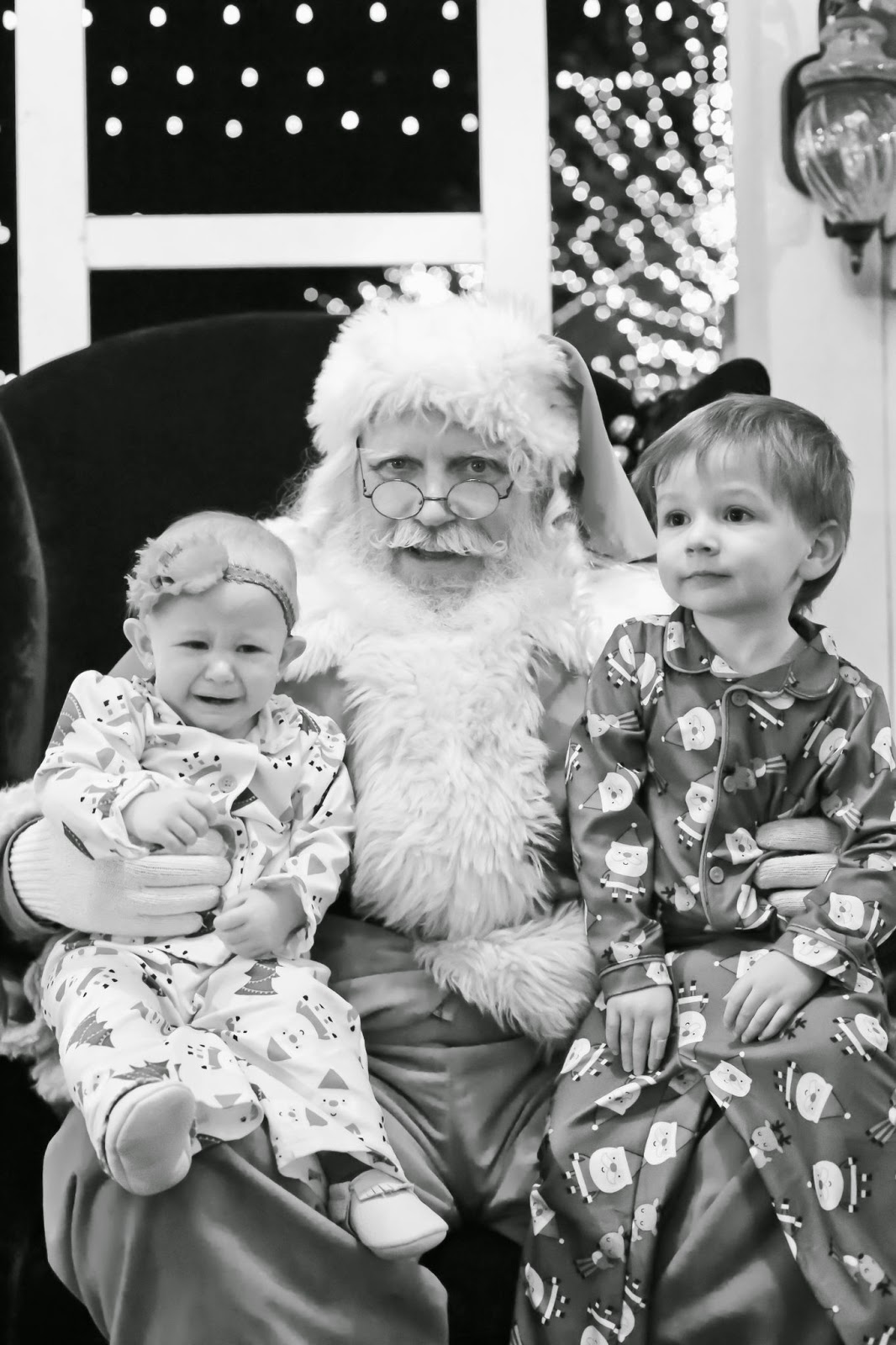"History is not just facts and events, history is also a pain in the heart and we repeat history until we are able to make another's pain in the heart our own." Professor Julius Lester
When this book was first released, I read several reviews and put it at the top of my "to read" list. I finally made time for it by listening and my only regret is that I didn't read it sooner. The writing was beautiful and the story was fascinating. I listened which added another layer since the two narrators really brought the characters of Sarah and Heddy to life. I finished the book while running on Christmas morning - it was snowing and quiet and the roads were empty. I took a moment and just stood there thinking about the characters in the book and all they did to bless the lives of so many who would come after them. I thought a lot about what type of person I would have been if I had been placed in another situation and lifetime. I like to think that my personality is inherent, that I would have been more like Sarah than her sisters, but who knows. There really is so much of my life that I take for granted - the ability to learn and be educated, speak my mind, travel freely, etc. This book reminded me of all of the important issues, and at the same time, kept me completely entertained. I share the following review because she put so many of my thoughts into words. And as far as a grade for the book? Solid A
By Bobbi Dumas: I don't remember how old I was when I discovered some of the more harrowing chapters of human history — the Holocaust and American slavery — but I do remember convincing my young self that I would have been brave had I lived in those times. I would have hidden my Jewish friend Anne Frank; I would have been a station on the Underground Railroad. I would have stood up for humanity and against injustice. Later, I was not quite as zealous or stalwart. I considered such acts with a keener sense of how it felt to be ostracized, and a deeper understanding of how much I wanted to belong — or survive. And I found myself contemplating those past selves — the girls and women I've been over the course of my life — while reading Sue Monk Kidd's newest novel, The Invention of Wings. In simple terms, the book is the fictionalized history of the Grimké sisters, Sarah and Angelina (Nina), who were at the forefront of the abolitionist and women's rights movements, wound around the intriguing narrative of a young slave, Hetty, who was given to Sarah as an 11th birthday present. Sarah despises slavery, even at that early age, and out of principle attempts to reject the gift.
Much of the Grimkés' story is historically based: Kidd has fleshed out mountains of research — facts, figures, dates, letters, and articles — into a believable and elegantly rendered fictional first person account of Sarah's life. But though Hetty was real, her story here is almost entirely fabricated — and perhaps because she is mostly a product of Kidd's imagination, Hetty's character seems truly inspired.
A pivotal moment in the book comes with the discovery that Sarah has taught Hetty to read — a criminal offense in antebellum South Carolina. Punishment is cruel for both girls; Sarah is banned from her favorite things in the world: her father's library and his books. Hetty is whipped. But then Hetty learns to sew, and grows to be the best seamstress in Charleston. Ultimately it is this talent that will offer her freedom: spiritually, in the form of a quilt that tells the story of her family, and possibly physically, in the way of a disguise that may allow her to escape. Inside her head, Hetty always has hope. She believes in her ability to get free, she manages to create an internal life of ideas and possibility, and she is able to carve out a sliver of independence within the context of her life.
Meanwhile, Sarah's family ridicules her hope to study law, labeling it unseemly because she is a woman. She is shattered and cowed by their conviction that being a woman means she has no right to ambition. Overcoming that obstacle is a long, painful journey full of self-doubt; she'll face prejudice toward her sex the rest of her life, even as she creates a national following for her abolitionist crusade. Sarah may read, think, or speak — as long as she doesn't make any men uncomfortable by doing so.
I'm not sure any of my selves, at any point in my life, would have been as brave or formidable as Hetty or Sarah, though I'd like to think so. I am grateful that Kidd, an exquisite and masterful writer, explores these difficult topics and complex ideas and does so unflinchingly — yet somehow leaves us feeling uplifted and hopeful. And finally, I am appalled that I had never heard of the Grimkés before, and thank the author sincerely for allowing me to make their acquaintance.The novel is a textured masterpiece, quietly yet powerfully poking our consciences and our consciousness. What does it mean to be a sister, a friend, a woman, an outcast, a slave? How do we use our talents to better ourselves and our world? How do we give voice to our power, or learn to empower our voice?
































































